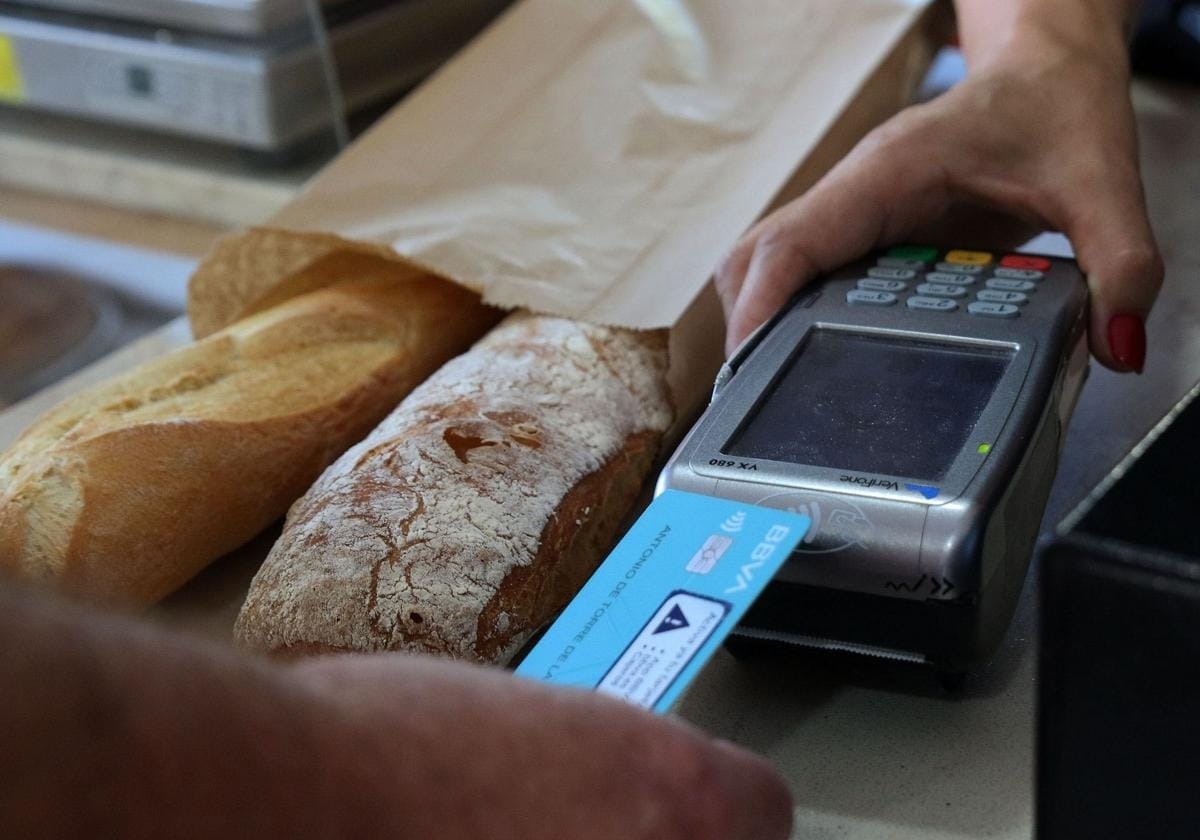European governments start to regulate the use of cash to prevent 'digital exclusion'
In Spain, the consumer protection law upholds the right of consumers to pay in cash and establishes penalties for shops that refuse such payments
Most people in Spain pay by card, mobile phone or Bizum and the pandemic accelerated the digitalisation of payments, making it faster not risk-free.
In addition, there are groups of people who do not have access to digital payment services or find it difficult to use them and are therefore marginalised. In addition, digital payments are not always available.
This is why a number of European countries have started to regulate cash payments before they fall below a reasonable level. This is the case in Norway, which as of this month obliges shops to accept cash.
This is also the case in Sweden, a country of ten million people where around one million people are digitally excluded - more than 300,000 of them are over 65 - because many shops do not accept card payments. 'Cash free' has spread across the ' country since it embraced the digitisation of the payment system in 2008. The Swedish government is preparing a bill, which it expects to present on 15 December, to try to protect the existence of cash.
Digitalisation also makes payments more vulnerable to cyber-attacks and disruptions to the power grid and data communications, explains Christina Wejshammar, head of the Swedish Central Bank's payments department.
In addition, since Russia's invasion of Ukraine, Sweden has been working on increased security and that includes ability to make payments in crisis situations and states of high alert. Wejshammar points out the challenges posed by digitalisation and the need to be focused on more than before.
This concerns both the resilience of the payment system in the event of disruptions, crises and wars, as well as the ability of all members of society (elderly people, rural areas, people with disabilities, migrants, women victims of domestic violence who do not want to leave traces with payments) to pay. In both cases, cash, she said, serves as a back-up if electronic payments do not work or are not wanted.
"The system will explode"
"Nobody expects a return to the past, but we have to give cash a place," says Max Brimberg, the first government secretary in the enquiry into the new legislation. The bill will make it possible for basic goods such as food and medicine and public services, including transport, to be paid for in cash.
The refusal of Swedish shops to accept cash is influenced by the fact that only seven per cent of bank branches accept cash from shops. Therefore, the future regulation aims to make financial institutions offer a solution to retailers to deposit cash at bank branches or in safes. "The level of cash disappearance cannot continue because the system will explode," says Brimberg, whose interview and that of other Swedish representatives took place as part of a trip organised by Loomis, a cash transport and storage company.
In Spain, accessing cash is more of a problem than paying with it. Currently, the population that does not have access to bank branches or ATM machine to obtain cash exceeds 2%, but at the rate of bank branch closures in 2025 it will reach 5% of the population and around three million people will be at serious risk of financial exclusion, according to Denaria, a platform that wants to guarantee by law the acceptance of cash and its universal access.
On 28 June 2023 the European Commission adopted a legislative proposal to safeguard the role of cash, which must be accepted as a means of payment throughout the European Union and be accessible to citizens and businesses.
In Spain, the consumer protection law upholds the right of consumers to pay in cash and establishes penalties for shops that refuse cash payments. The European Court of Justice also ruled in 2021 that it was mandatory to accept cash payments in Europe.

